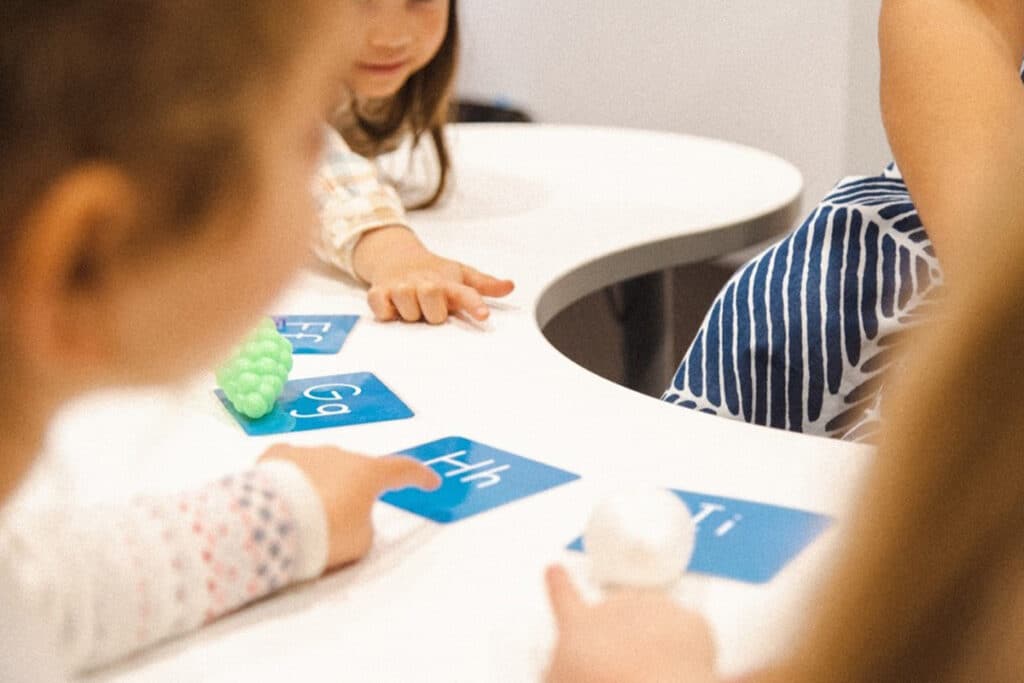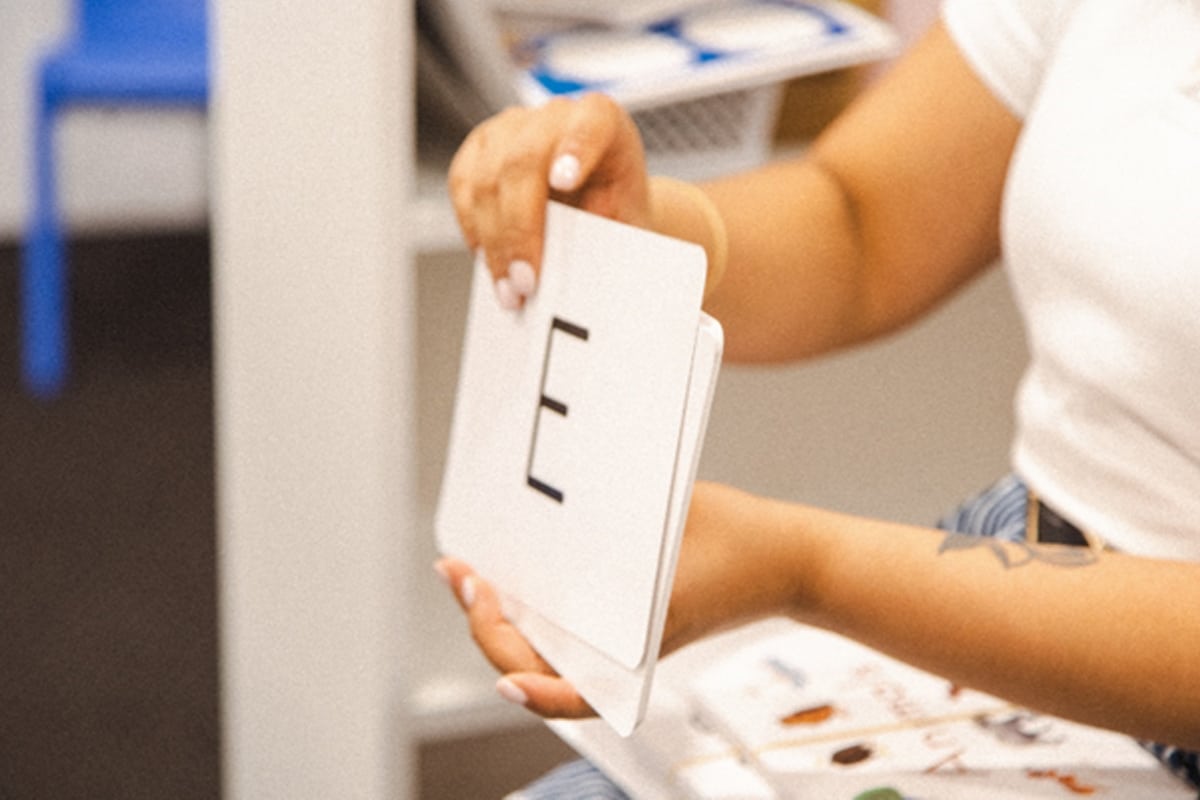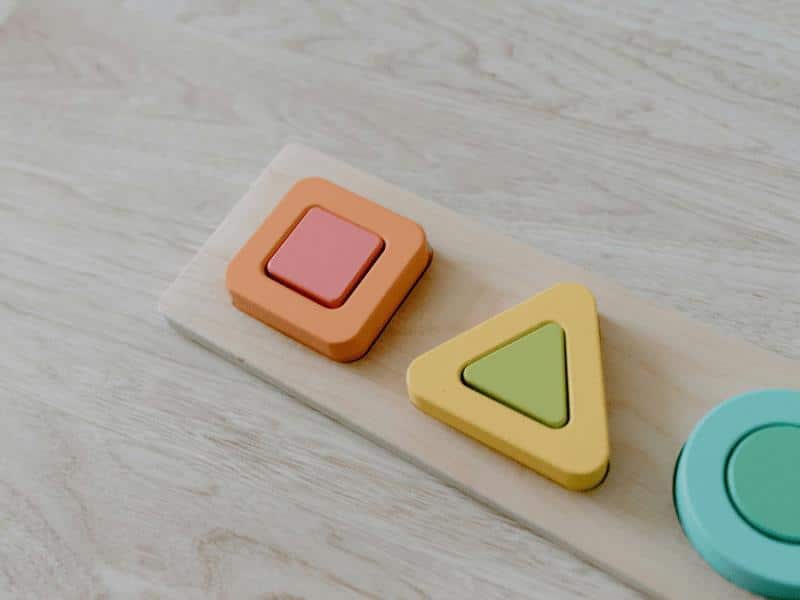
The Importance of Phonics in Early Childhood Education
Shichida Australia and the Importance of Phonics in Early Childhood Education
In a significant move, the Victorian government has announced that from 2025, all state schools will adopt phonics as the primary method for teaching reading. This applies to students from prep to year 2. This policy change, supported by extensive research, underscores the importance of phonics in early childhood education. As highlighted by Victorian Education Minister Ben Carroll, “The evidence shows that explicit teaching and the use of systemic synthetic phonics instructions get results.”
At Shichida Australia, we recognise the critical role phonics plays in developing strong reading skills from an early age. Our approach has always emphasised the importance of early literacy through engaging and interactive methods. The recent announcement by the Victorian government aligns with our longstanding commitment to phonics-based learning, reinforcing the value of our educational philosophy. Many of our students are reading well ahead of their year level when they start school, showcasing the effectiveness of our methods.
The Value of Phonics
Phonics, the method of teaching reading by correlating sounds with letters or groups of letters, is a foundational skill for young learners. It enables children to decode new words, enhances their reading fluency, and builds a solid base for advanced literacy skills. Research by the Australian Education Research Organisation and the Grattan Institute has shown that explicit phonics instruction is one of the most effective ways to teach reading.
Shichida Australia’s Approach to Phonics
At Shichida Australia, we have integrated phonics into our curriculum to ensure that children develop strong reading skills from an early age. Our program is designed to make learning phonics an enjoyable and engaging experience. Here’s how we do it:
Fun and Engaging Phonics Activities
- Flashcards: We use flashcards that not only introduce letter-sound relationships but also incorporate vibrant images. This method helps children associate sounds with visual cues, making the learning process more dynamic and memorable.
- Educational Songs and Rhymes: Music is a powerful tool in early childhood education. Our curriculum includes educational songs and rhymes that emphasise phonetic sounds. Singing along to these tunes helps children internalise phonics in a natural and enjoyable way.
- Phonics Games: We incorporate various phonics-based games that involve matching objects to letter sounds, constructing words, and letter-matching games. These activities are designed to be fun, promoting a love for reading while reinforcing phonetic principles.
- Reading: Reading is an integral part of our program. Through carefully selected texts, children are exposed to rich language experiences that highlight phonics in context. This not only aids in comprehension but also makes the connection between phonics and actual reading seamless.
- Speed Reading: Once phonetic knowledge is solid and reading is underway, our kids advance to speed listening and speed reading using engaging methods. These activities offer numerous benefits to learning and listening, developing these skills as valuable life tools.

Photo Credit: Shichida Australia. A teacher showing phonics flashcards to children in a Shichida class, engaging them in interactive and fun phonics learning activities.
The Role of Parental Involvement
Parental involvement is a cornerstone of the Shichida Method. We provide parents with resources and guidance to reinforce phonics learning at home. By creating a consistent learning environment, both at home and in our centres, we ensure that children receive the support they need to excel in reading.
Testimonials from Parents
Our commitment to phonics and literacy development has received praise from many parents. Here are a few testimonials from our Google reviews:
- “I have been taking my baby to Shichida since she was 10 months old. She started Kindy and we saw the results quite significantly. She can spell, is thriving with dual language conversation, as well as reading”.
- “My daughter has learned so much as she grows with Shichida. The classes have trained her memory, critical thinking, literacy, numeracy, and general tasks. I highly recommend Shichida.”
- “In just 2-3 months of attending Shichida, we’ve seen remarkable improvements in both his left and right brain activities. His memory, imagination, and language skills are flourishing.”
- “I believe Shichida has been very positive in my son’s development. He has been exposed to activities and learnt new things, which has encouraged him to build his confidence, concentration, numeracy and literacy.”
See the Results for Yourself
Responding to the Victorian Government’s Initiative
The Victorian government’s decision to mandate phonics instruction is a welcome development in the field of early childhood education. At Shichida Australia, we applaud this initiative and are proud to have been ahead of the curve in recognising and implementing phonics-based learning. Our commitment to phonics has always been rooted in the belief that early literacy is crucial for lifelong learning.
As Professor Pamela Snow from the La Trobe Science of Language and Reading Lab stated, “A lot of teachers are saying to us at La Trobe that this way of teaching is transformational.” We, too, have witnessed the transformative impact of phonics on our students, seeing firsthand how it boosts their confidence and reading abilities.
Benefits of Early Phonics Education
Early phonics education is crucial for developing a strong foundation in reading and literacy. By introducing phonics at a young age, children gain numerous long-term benefits that support their academic journey and beyond. Here are some key advantages:
Improved Reading Skills
Phonics helps children understand the relationship between letters and sounds, enabling them to decode new words efficiently. This foundational skill leads to better reading fluency, comprehension, and overall literacy.
Enhanced Spelling and Writing Abilities
Understanding phonics allows children to spell words more accurately. As they learn to break down words into individual sounds, they become better equipped to construct and deconstruct words, improving their spelling and writing skills.
Boosted Confidence and Motivation
Mastering phonics can significantly boost a child’s confidence in their reading abilities. As they become more proficient readers, their motivation to explore books and other reading materials increases, fostering a lifelong love for learning.
Stronger Cognitive Development
Engaging with phonics activities stimulates cognitive development. Children develop critical thinking and problem-solving skills as they navigate the rules and patterns of language, enhancing their overall intellectual growth.
Better Academic Performance
Early phonics education lays the groundwork for future academic success. Strong reading and literacy skills are linked to improved performance in other subjects, including mathematics, science, and social studies, as children can better understand and engage with the content.
Lifelong Learning Skills
Phonics education not only supports early reading development but also equips children with essential skills for lifelong learning. Speed reading and speed listening, as part of the Shichida Method, further enhance their ability to process information quickly and effectively, benefiting them throughout their educational journey and beyond.
Phonics are Essential
Phonics is an essential component of early childhood education, and the Victorian government’s new policy underscores its importance. At Shichida Australia, we have always recognised the value of phonics and have integrated it into our curriculum through fun, engaging, and effective methods. By continuing to innovate and provide high-quality phonics instruction, we ensure that our students develop the strong reading skills they need for future academic success.
We are excited to see the positive impact this state-wide initiative will have. We remain committed to providing the best early education experiences through our proven phonics-based approach.


